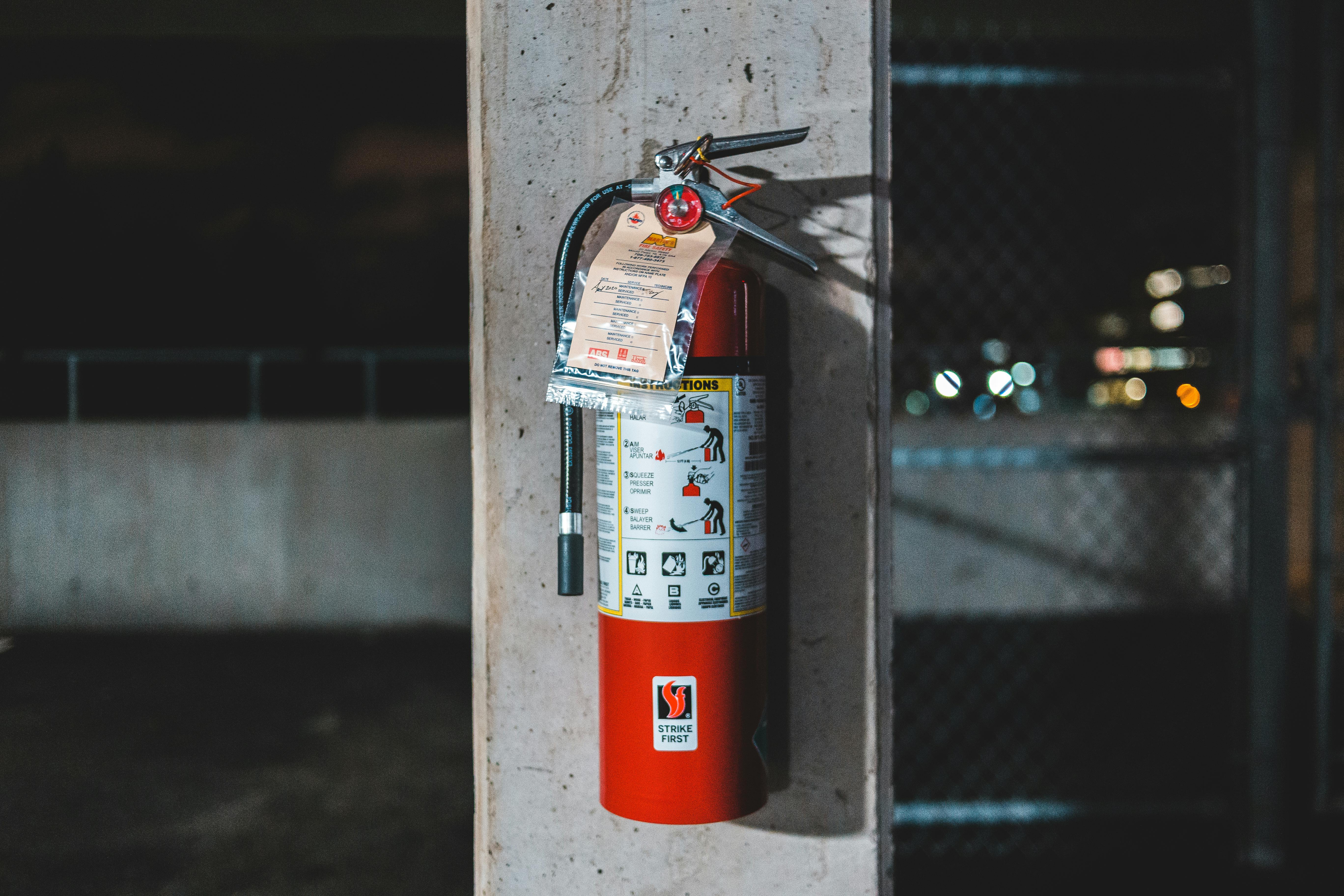
Appraisals of Promissory Notes for Inheritances and Inheritances
Billions of dollars are involved: It is estimated that the baby boomers will inherit many billions of dollars during this decade and the next. Almost all of those billions will pass through an estate. Many of the assets within those properties will require a professional appraisal appraisal. Many of those assets are now, and will be in the future, whatever are classified as illiquid assets“; examples of illiquid assets are: real estate, commercial notes and interests, and private placement investments. These types of assets (which are not traded on a public market) require a professional third-party appraisal to arrive at their fair market value.
Specialized appraisers: Understand early on that one of the most challenging responsibilities of a wealth manager is determining the fair market value of the various types of assets within the estate. The valuation of each class of assets requires a specialized, trained and experienced professional appraiser. Some examples of the types of specialization needed are:
- annuity appraisers
- vintage car appraisers
- art appraisers
- business appraisers
- firearms appraisers
- mineral rights appraisers
- promissory note appraisers
- real estate appraisers
- water rights appraisers
Why are appraisals necessary? Lawyers, accountants, and financial planners need accurate assessed valuations when calculating estate values for estate tax purposes.
Sometimes the executor needs the fair market value of the assets to divide an estate equally between two or more beneficiaries who do not want to be co-owners (partners) with each other. Sometimes the beneficiaries cannot agree on “how much they can get” of the asset. The asset could be mineral rights or a promissory note. One of them may not want to sell the specific asset. The executor can then obtain an appraisal of the asset to determine its fair market value without having to sell it to a third party.
However, a relative or a third party may want to purchase an estate asset. The executor will probably want a fair market value appraisal as part of his or her fiduciary duty.
The Internal Revenue Service (IRS) requires a qualified appraisal to establish the fair market value of property involved in taxable events. Every federal estate tax return is hand reviewed by experienced estate tax examiners to qualify for audit. The general audit rate is about 20 percent for federal estate tax returns, which is nearly 10 times the audit rate for regular income tax returns.
Who needs the appraisals?
- Lawyers
- Accountants and Enrolled Agents
- gift givers
- Executors and administrators
- trustees
- High net worth individuals for tax planning and filing
- Charities that receive gifts, such as hospitals and universities.
Competent appraiser is the key. Determining the fair market value of a note is as much an art form as it is a science. The appraiser you hire should have the education, training, experience and judgment to be a promissory note specialist. The IRS and the courts look at the appraiser’s qualifications, experience, and independence before accepting your valuation.
Conclusion. Don’t jump in the dark! Secure your estate and probate valuation decisions by employing an educated, experienced and trained appraisal specialist. Involve someone who is an expert in the type of asset being valued.




No Comment